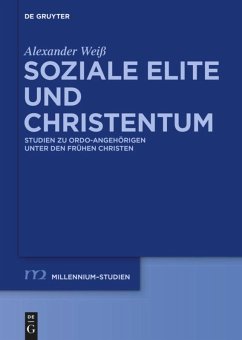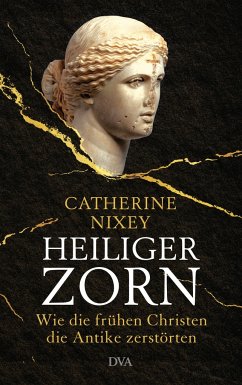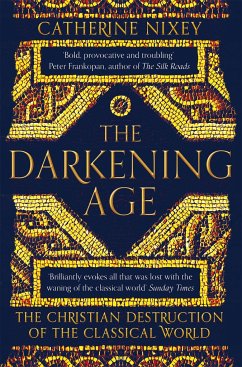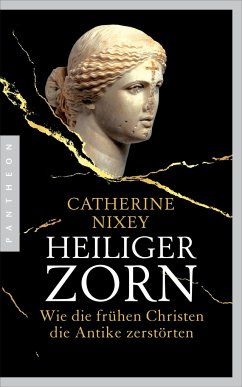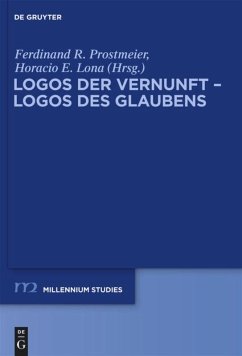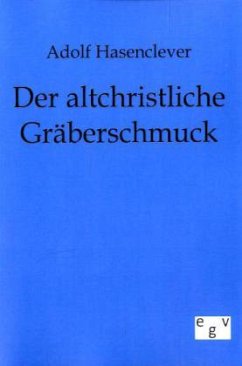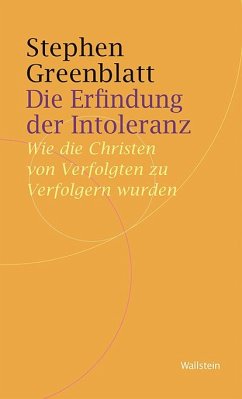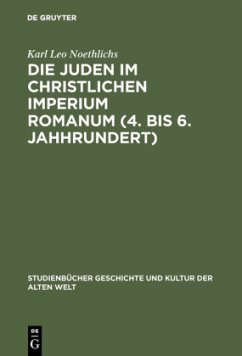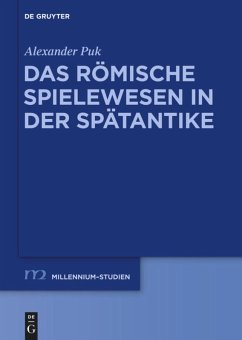
Hadrian and the Christians
Versandkostenfrei!
Versandfertig in 6-10 Tagen
96,99 €
inkl. MwSt.

PAYBACK Punkte
48 °P sammeln!
The Second Century occupies a central place in the development of ancient Christianity. The aim of the book is to examine how in the cultural, social, and religious efflorescence of the Second Century, to be witnessed in phenomena such as the Second Sophistic, Christianity found a peculiar way of integrating into the more general transformation of the Empire and how this allowed the emerging religion to establish and flourish in Graeco-Roman society. Hadrian's reign was the starting point of that process and opened new possibilities of self-definition and external self-presentation to Christia...
The Second Century occupies a central place in the development of ancient Christianity. The aim of the book is to examine how in the cultural, social, and religious efflorescence of the Second Century, to be witnessed in phenomena such as the Second Sophistic, Christianity found a peculiar way of integrating into the more general transformation of the Empire and how this allowed the emerging religion to establish and flourish in Graeco-Roman society. Hadrian's reign was the starting point of that process and opened new possibilities of self-definition and external self-presentation to Christianity, as well as to other social and religious agencies. Differently from Judaism, however, Christianity fully seized the opportunity, thus gaining an increasing place in Graeco-Roman society, which ultimately led to the first Christian peace under the Severan emperors. The point at issue is examined from a multi-disciplinary perspective (including archaeology, cultural, religious, and political history) to challenge well-established, but no longer satisfactory, historical and hermeneutical paradigms. The contributors aim to examine institutional issues and sociocultural processes in their different aspects, as they were made possible on Hadrian's initiative and resulted in the merge of early Christianity into the Roman Empire.



